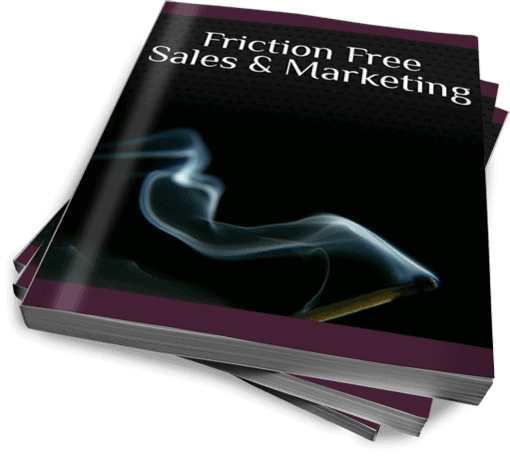Most people never give thought about what words fly out of their mouth. It comes straight from an unconscious reaction and completely exposes their internal representation of the world...their true feelings and opinions.
Here are three words that can enhance or destroy your persuasion ability. And, when you hear them from others you'll have greater insight into why you feel the way you do when they speak.
These three words are: "and", "even though", and "but."
These words can destroy your message by either negating or placing emphasis on the wrong part of what you're communicating. They can also enhance your message by negating or placing emphasis on the right part of your communication when used properly.
Read these three sentences and notice how different each one makes you feel...
- I love you but you hurt me.
- I love you even though you hurt me.
- love you and you hurt me.
In sentence 1 the ‘but' negates anything in front of it and places the emphasis on everything that comes after it. It's the "you hurt me" part that sticks in your mind and the "I love you" isn't as important or invalidated.
In sentence 2 with ‘even though' it's just the opposite. The part before ‘even though' is what's felt as important.
In sentence 3 when you use ‘and' it places both sides of the sentence on equal footing. "I love you" and "you hurt me" end up with the same weight in your mind.
So, how do you use this in your persuasive life?
One of the best ways to establish a sense of authority or credibility is to admit a weakness or flaw in your product or service. You don't want to say that what you're selling is a piece of junk however you want to admit something that is a small flaw, nothing that may kill your deal, just something small that could become an objection. Then after you say it you say the magic word, "but" and add the great things your product or service can do. This slides those minor issues into non-existence in the prospects mind.
I don't like mentioning anything bad at the end of any presentation, sales letter or and situation. So the ‘even though' method I would use is to put ‘even though' at the beginning of the sentence then the negative statement and then the positive statement. Example is "even though you hurt me I love you."
Now, with ‘and' I have a lot of fun. I use ‘and' when people give me compliments and when they voice objections. Let me explain.
If someone gives you a compliment one of the most hypnotic things you can do is say, "that's right and..." then say what else they can get from buying from you, what else you can do for them, any other positive thing. They'll zone out for a second and everything you say drops right into their unconscious mind to act on later.
Now, here's what to do if someone voices a minor objection, I'm not talking about a deal killer, one of those minor things you would put in front of a ‘but' if you were the one that brought it up. They object with, "I hear your service is a bit slow to respond sometimes." You can reply with, "That's right they are sometimes and you'll have access to them 24 hours along with this special XYZ to reduce the need for service anyhow."
In this situation using ‘but' would have been bad because you would have invalidated your prospects thought. By using ‘and' here instead you're allowing them to hold their thought, not argue with them, and it quickly diffuses the situation.
Go out and play with these three words (okay 4 words). Notice the difference response you get when you use ‘and', ‘but', and ‘even though.' Let me know your results. It's one of the things I love to hear and you get to profit from this practice.
Create Your Friction Free Sales Machine


Download Your Free Guide To The Psychology Of Resistance and Discover Your Friction Free Sales Machine
By: , follow on Twitter
Post last updated:
Disclosure of Material Connection:
Some links may be "affiliate links." This means if you click on the link and purchase an item, I will receive an affiliate commission. I only recommend products I think are valuable to you. This disclosure is in accordance with the Federal Trade Commission's: "Guides Concerning the Use of Endorsements and Testimonials in Advertising."

